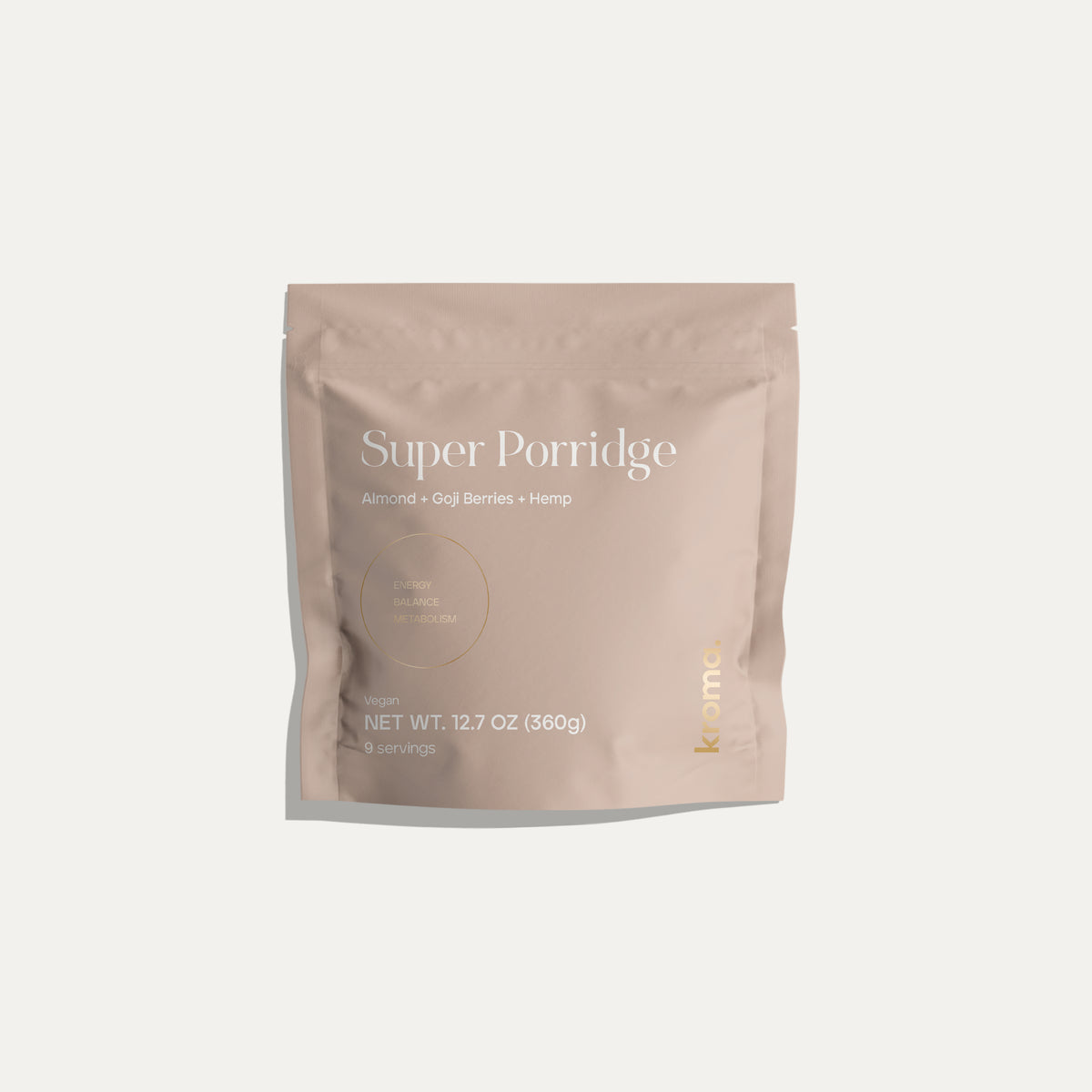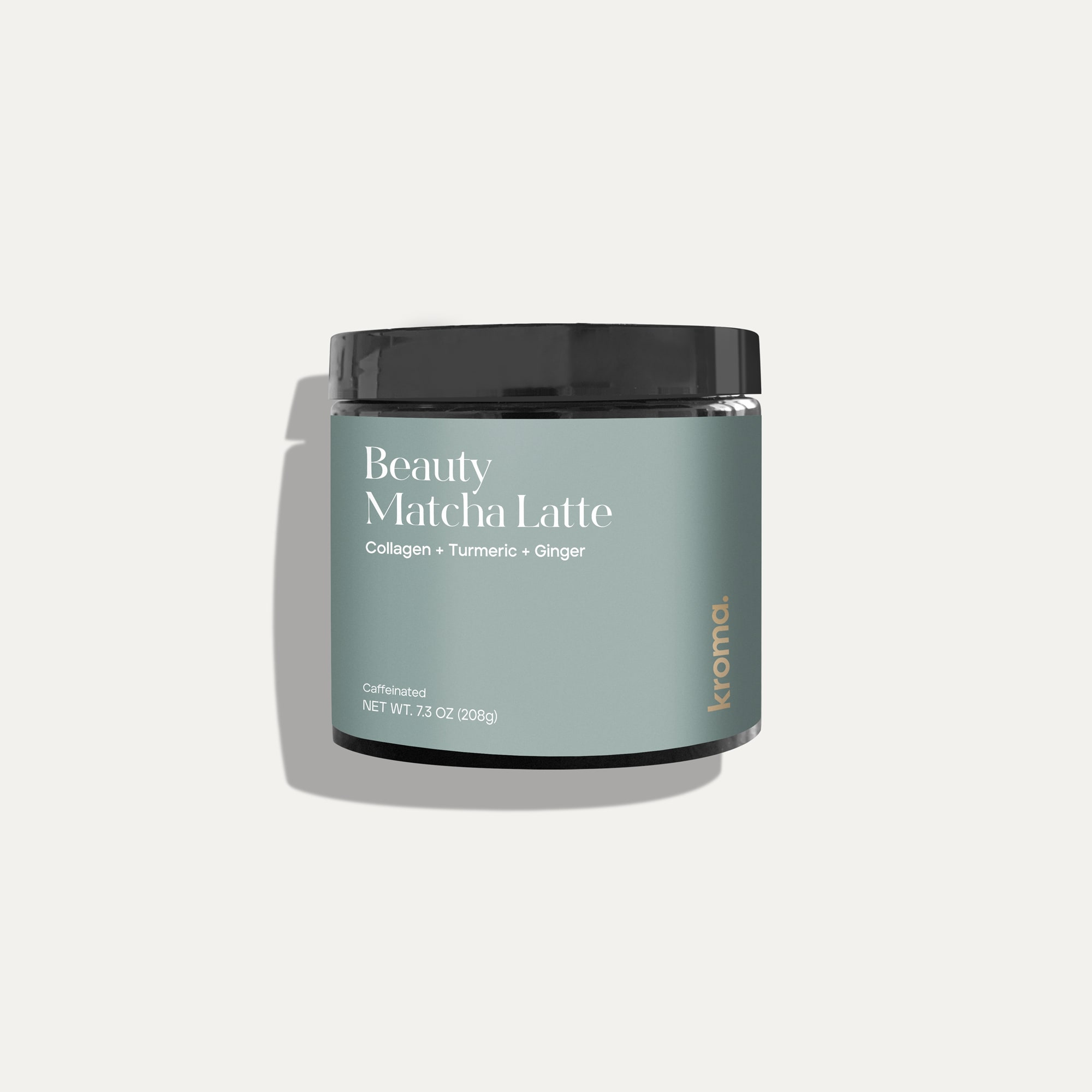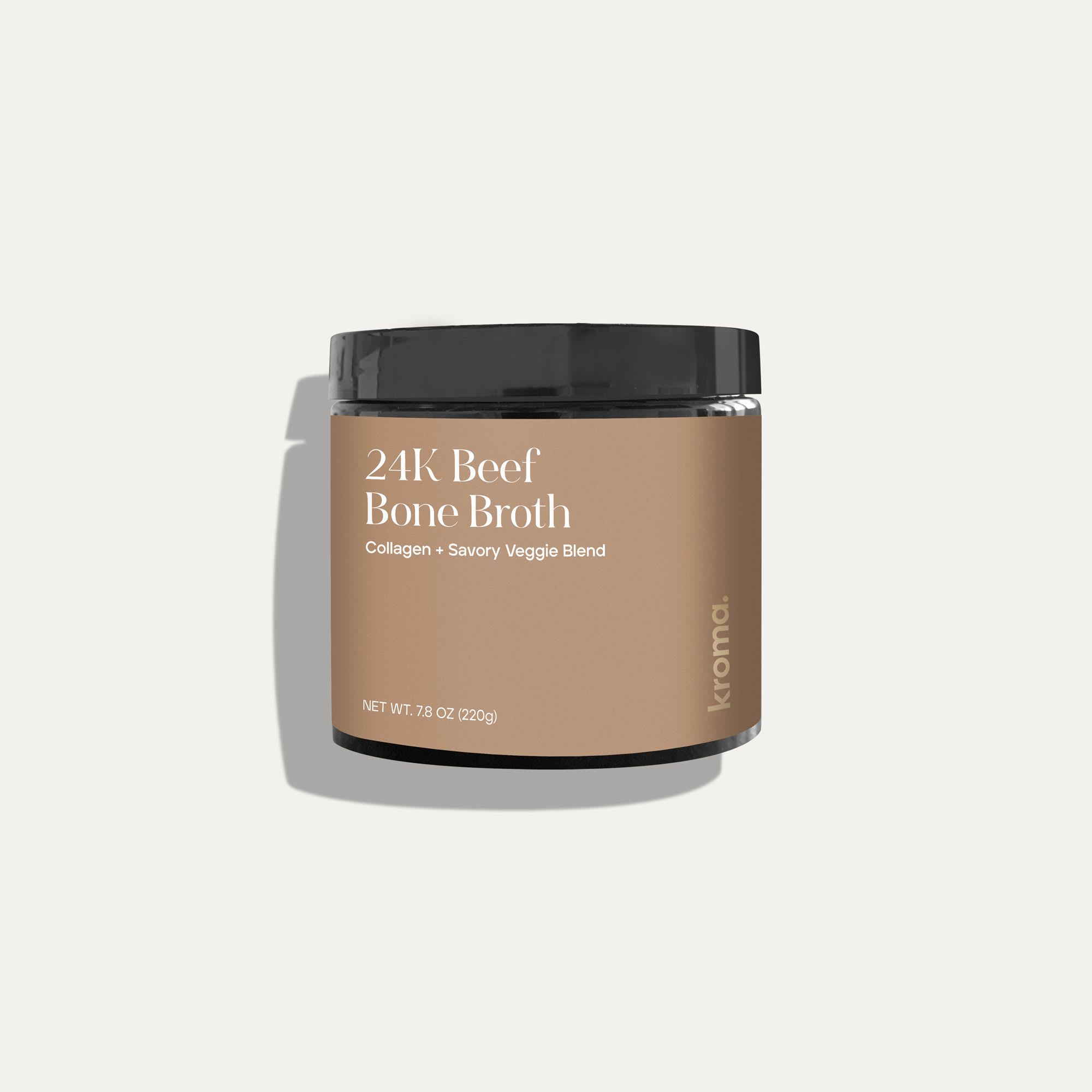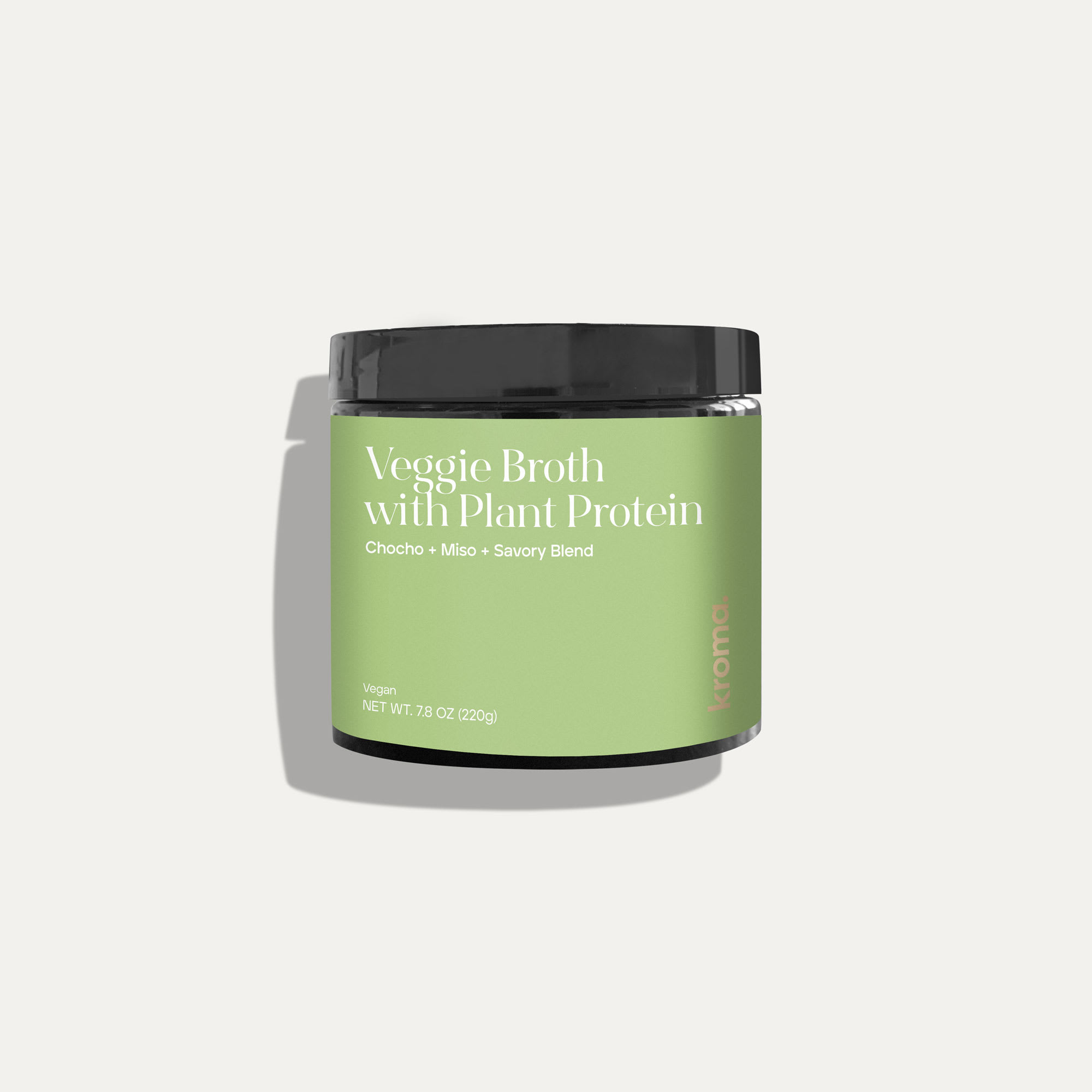What's Piquing Our Interest: Dads Are Helping Share the Wellness Load
For generations, the responsibility of managing a family's health and nutrition has overwhelmingly fallen on mothers. From packing lunches and planning meals to researching supplements and scheduling pediatrician visits, women have carried the invisible weight of wellness (often without recognition). But that dynamic is beginning to shift.
Today, more fathers are becoming active participants in their family's health journey. Not just helping out, but truly owning part or all of the wellness load. They're making the grocery lists, blending the smoothies, and learning how to support immune health or manage sugar intake, not because they have to, but because they want to.
This isn't about replacing mom's role, it's about rebalancing it. Sharing the wellness load helps lighten the mental burden on mothers, models healthy co-parenting for children, and strengthens family bonds through collaboration.
The image of Dad manning the backyard grill, spatula in hand, is a classic. But more and more fathers today are stepping beyond the barbecue and into a bigger role at home, guiding their families toward healthier, more mindful ways of eating.
This Father's Day, we're celebrating the dads who know that leadership isn't just about big moments, it's about the everyday ones. Because being present, caring, and involved in your family's wellbeing? That's manly.
From Weekend Grillmaster to Everyday Wellness Leader
The role of fathers in family nutrition is undergoing a major shift. According to a 2023 survey by the Pew Research Center, over 70% of dads now say they share or take the lead in meal preparation at home (nearly double the rate from two decades ago). And it's not just about who's cooking; it's about how they're influencing family health. A study published in the Journal of Nutrition Education and Behavior found that when fathers prioritize nutritious eating, children are significantly more likely to consume fruits, vegetables, and whole grains.
This growing engagement reflects a broader cultural transformation: modern dads are stepping into the role of wellness leaders, modeling healthy habits and reshaping the way families approach food. Whether it's adding superfoods to daily meals, experimenting with plant-based options, or embracing mindful snacking, today's fathers are proving that wellness isn't just mom's domain, it's a family affair, led by example.
The Data Behind Dad's Growing Influence
Research reveals the profound impact of paternal involvement on family health outcomes. According to the American Academy of Pediatrics, paternal involvement in children's lives is associated with improved cognition, better mental health, reduced obesity rates, and fewer asthma complications. The statistics are particularly compelling when it comes to childhood obesity prevention: children whose fathers are highly involved in caregiving have decreased odds of being overweight, and employed mothers with high paternal involvement in caregiving have a 30% reduced risk of childhood overweight or obesity.
Yet despite this evidence, fathers remain significantly underrepresented in family health interventions. In family interventions designed to prevent childhood obesity, when only one parent per family is recruited, just 6% are fathers. This gap represents a massive missed opportunity, especially considering that more than 1 in 10 children in the U.S. experience food insecurity, with children in single-mother families being three times more likely to not get enough food than children in two-parent families.
Beyond the Kitchen: Measurable Family Benefits
The benefits of engaged fathers extend far beyond individual health metrics. When fathers are actively involved with their children, mothers experience more leisure time, healthier births, lower rates of postpartum stress and depression, and higher-quality co-parenting relationships. This creates a positive feedback loop where reduced maternal stress contributes to better family-wide health outcomes.
The ripple effects are particularly evident in children's long-term health trajectories. When fathers embrace their role as wellness advocates, children develop stronger relationships with food, viewing nutrition as self-care rather than restriction. They're more likely to experiment with new foods, understand the connection between what they eat and how they feel, and carry these lessons into adulthood.

The Wellness Leadership Revolution
Today's wellness-focused fathers aren't limiting themselves to food preparation. They're integrating health consciousness into every aspect of family life. They're the ones suggesting weekend hikes instead of movie marathons, researching the best water filters for the family, or learning about sleep hygiene to help everyone get better rest.
This holistic approach to wellness leadership reflects a deeper understanding that health isn't just about individual choices-it's about creating an environment where healthy living feels natural and sustainable for everyone. The data supports this approach: families with engaged fathers show measurably better health outcomes across multiple dimensions, from reduced obesity rates to improved mental health markers.
Redefining Strength Through Data
The numbers tell a clear story: father involvement matters for family health. Children with obesity face higher risks for asthma, sleep apnea, bone and joint problems, type 2 diabetes, and heart disease risk factors like high blood pressure. When fathers actively participate in preventing these outcomes, they're not just being caring-they're being strategic leaders in their families' long-term wellbeing.
Perhaps most significantly, these dads are redefining what it means to be strong. They're showing their children that real strength includes nurturing, that leadership includes listening, and that caring for others' wellbeing is one of the most masculine things you can do. The research validates this approach: engaged fathers produce healthier, more resilient children who carry these benefits throughout their lives.
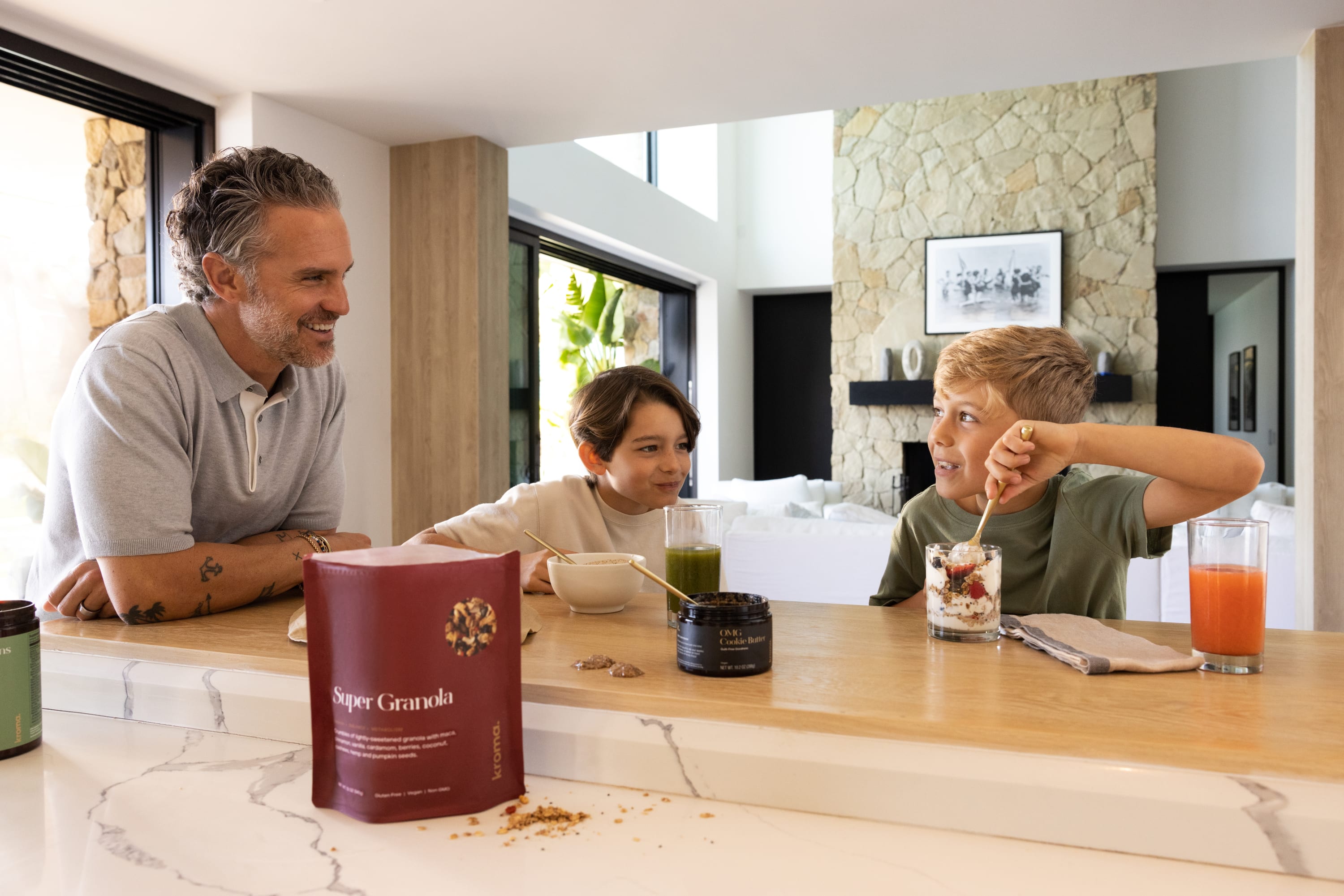
The Kroma Connection
For the wellness-minded father looking to make a meaningful impact on his family's health, having the right tools makes all the difference. This is where Kroma comes in, offering premium, nutrient-dense, functional wellness products that align perfectly with today's dad's approach to family nutrition.
Kroma's products are designed for busy parents who refuse to compromise on quality. Whether it's starting the morning with a collagen-rich bone broth that supports the whole family's gut health, or incorporating adaptogenic blends that help manage stress during hectic weekdays, Kroma provides the nutritional foundation that makes wellness leadership achievable.
The beauty of Kroma lies in its simplicity and effectiveness. Fathers don't need to become nutrition experts overnight-they just need access to high-quality, science-backed products that deliver real benefits. From supporting immune function with nutrient-dense broths to modeling mindful consumption with functional beverages, Kroma empowers dads to lead by example without the complexity.
When fathers choose Kroma, they're not just adding premium nutrition to their family's routine-they're demonstrating that wellness is a priority worth investing in. It's a tangible way to show up as the wellness leader their family needs, backed by products that deliver on their promise of quality and results.
The Bottom Line
The data is undeniable: engaged fathers create healthier families. When dads step into wellness leadership roles, children develop better eating habits, mothers experience less stress, and families build stronger bonds around shared health goals. This isn't just about cooking more meals or buying organic groceries-it's about fundamentally reshaping how families approach wellbeing.
As we celebrate Father's Day, we're recognizing the dads who understand that true strength lies in nurturing their family's health. They know that the habits they model today will influence their children's relationship with wellness for decades to come. And with the right tools and commitment, every father has the power to become his family's wellness leader-one mindful choice at a time.
The modern father doesn't just provide for his family financially; he invests in their long-term health and happiness with the same strategic thinking he brings to his career. Because when it comes to raising healthy, happy families, the strongest thing a father can be is present, engaged, and committed to everyone's wellbeing.

